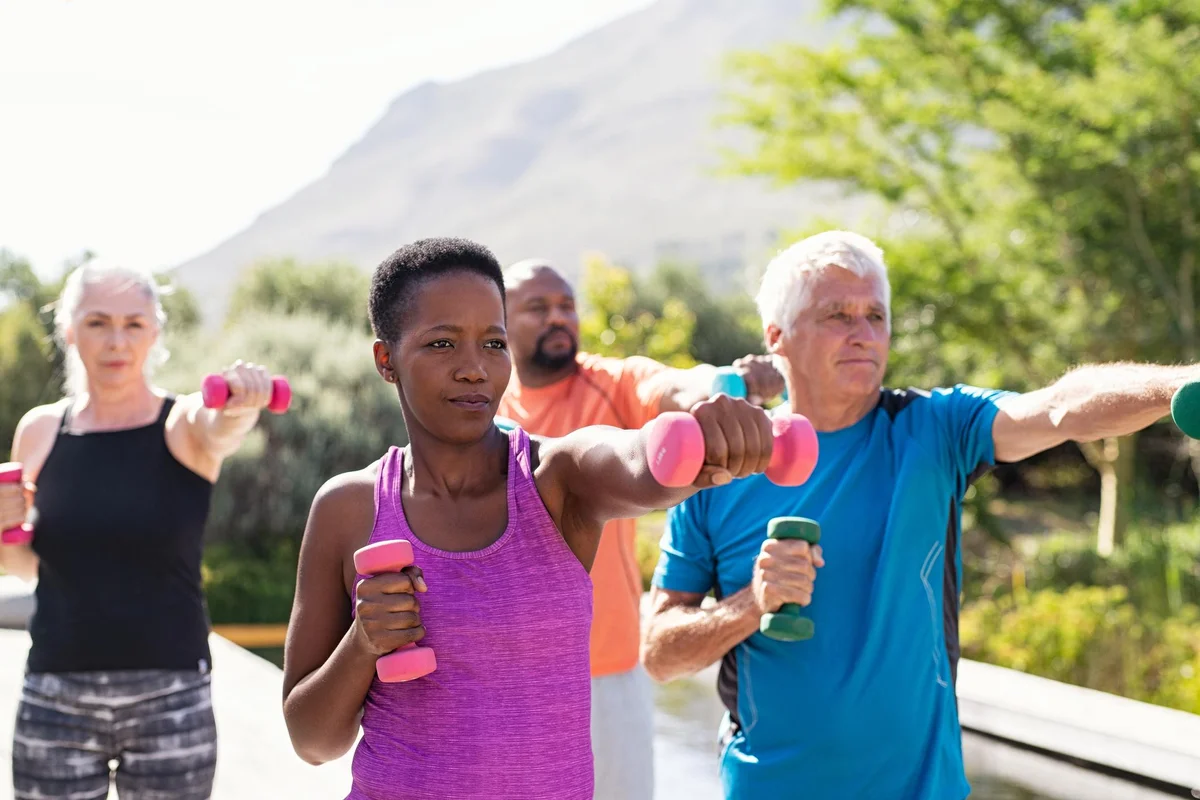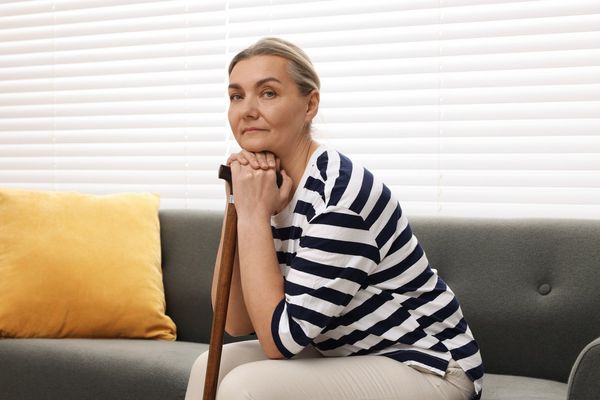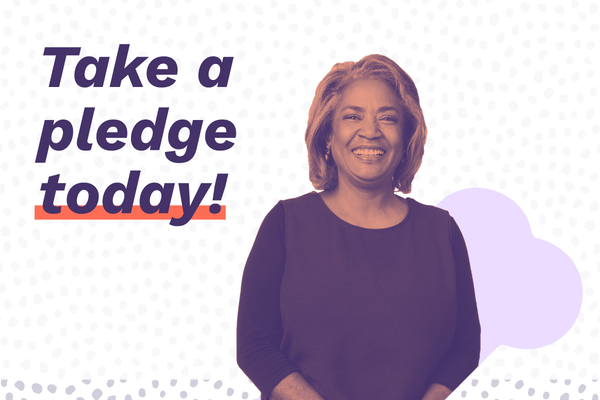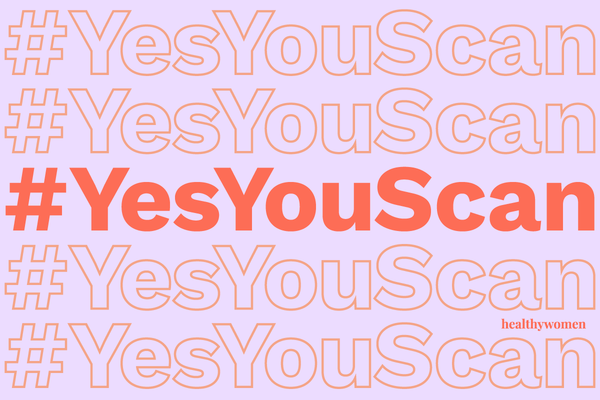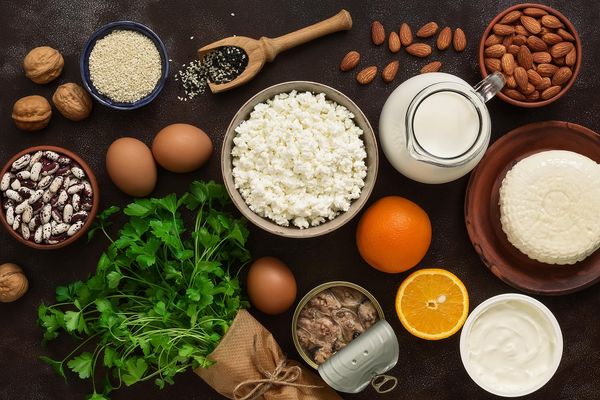Osteoporosis is a disease that occurs when poor-quality bone tissue causes your bones to become weak and brittle, which puts you at high risk of having bone fractures. Once you have osteoporosis, it’s easy to break a bone as the result of an action that would have been uneventful if your bones were stronger: a minor fall or even just bending over to tie your shoelaces, for example. Osteoporosis is common, with around one out of every two women likely to break a bone from the disease in their lifetime.
You can’t feel your bones getting weaker, and there are often no warning signs of osteoporosis before you break a bone, but there are steps you can take to keep your bones strong and healthy — and you’re never too young to start.
Why do bones get weaker as we age?
After age 40, women are likely to start losing bone mass for a variety of reasons. It can happen as the result of age itself, decreasing estrogen levels, lack of physical activity and poor nutrition. And women often experience rapid bone loss during the five to seven years immediately after menopause. In fact, women can lose up to 20% of their bone density during this time. After this time point, bone loss tends to slow.
7 ways to support healthy bones
- Be sure to get the recommended amount of calcium and vitamin D, which helps your body absorb calcium, each day. The latest government recommendation for calcium for women between the ages of 19 and 50 is 1,000 milligrams per day and 1,200 milligrams per day for women above age 51. The recommended daily allowance of vitamin D for women ages 13 to 70 is 600 IU.
- Eat a diet full of plenty of calcium-rich foods, such as yogurt, soybeans, tofu and salmon. Foods high in vitamin D include egg yolks, fatty fish, liver and fortified milk.
- Engage in regular weight-bearing and muscle-strengthening exercises. Strength training can not only slow bone loss but may even build stronger and denser bones because of the tugging and pushing on the bone that occur when you perform the exercise. Weight-bearing aerobic exercise like walking and running count, too.
- Avoid high amounts of caffeine and salt, both of which may contribute to bone loss.
- Don't smoke. Several studies have found smoking to be a risk factor for osteoporosis and bone fracture. The more cigarettes you smoke and the longer you smoke, the greater your risk of fracture.
- Avoid drinking excess alcohol. Chronic use of alcohol, which interferes with the balance of calcium in the body, has been linked to increased fracture risk of the hip, spine and wrist.
- Help your kids begin building strong bones during childhood and adolescence. About 85% to 90% of adult bone mass is acquired by age 18 in girls and age 20 in boys.
Questions about bone health? Talk to your healthcare provider.
If you’re concerned about bone loss and osteoporosis, talk to your healthcare provider. Together, you can assess your personal risk and come up with a treatment plan.
- Clinically Speaking: Questions to Ask Your Healthcare Provider (HCP) About Osteoporosis ›
- Osteoporosis Isn’t a Given ›
- Osteoporosis and Fractures: What You Should Know ›
- Osteoporosis ›
- How Women of All Ages Can Prevent Osteoporosis ›
- How To Avoid Falls in Your Home - HealthyWomen ›
- How to Improve Your Balance and Reduce Your Risk of Falling - HealthyWomen ›
- What You Need to Know About Osteoporosis - HealthyWomen ›
- Osteoporosis Treatment - HealthyWomen ›
- Concerns About Osteoporosis Medication - HealthyWomen ›
- Osteoporosis Prevention - HealthyWomen ›
- Simple Ways to Improve Bone Health - HealthyWomen ›

